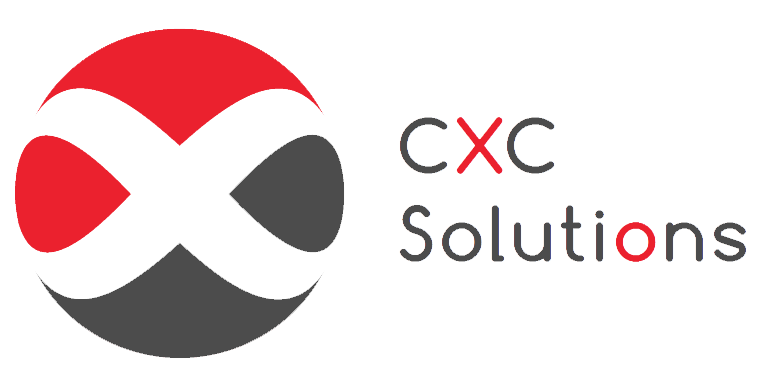The Fiduciary Blind Spot

Prescription Drug Data Collection (RxDC) Reporting
February 28, 2024In the bustling environment of benefits trade shows, the term “fiduciary duty” is omnipresent. However, many organizations still grapple with understanding the formal fiduciary structures and controls mandated by the Employee Retirement Income Security Act (ERISA). Recent events have highlighted that fiduciary duties extend beyond retirement benefits, yet many are unsure about the specific rules and their application to health and welfare plans.
At its core, ERISA Wrap mandates that plan fiduciaries act solely in the best interests of plan participants and beneficiaries. This requirement can be perplexing. Does this imply that employers must always act in the best interests of their employees? Not quite. Employers can act in their best interests when setting up a plan—these decisions are known as “settlor” functions. During this phase, employers can prioritize their own interests. However, once they begin administering the plan, they assume a fiduciary role and must act in the best interests of the plan participants.
When acting on behalf of participants, employers must make sound decisions and demonstrate that those decisions are prudent. In the realm of retirement plans, many sponsors are already proficient in this practice. They often have investment committees that convene quarterly with investment advisors to ensure that their plans are well-managed, services are adequate, fees are reasonable, and investment objectives are met. So, what distinguishes health and welfare benefit plans?
Recent Events
The answer is: fundamentally, nothing. A recent lawsuit against Johnson & Johnson, filed on February 5, 2024, alleged breaches of fiduciary duty in managing the company’s prescription drug benefits. The suit claims that Johnson & Johnson and their benefits committee failed to act prudently, particularly in selecting and overseeing their Pharmacy Benefit Manager (PBM). Notably, the committee members were personally named in the lawsuit.
What stands out is that Johnson & Johnson had a health and welfare benefits committee that met regularly to evaluate and make decisions related to their plan. Many plans, however, do not have such committees, making them more vulnerable to legal challenges. Plan sponsors cannot delegate their fiduciary responsibilities to advisors, Third-Party Administrators (TPAs), or other solution providers. The responsibility rests solely with the sponsors.
What should plan sponsors do?
To fulfill these obligations, plan sponsors should consider establishing a fiduciary committee to make critical decisions on behalf of plan participants. This committee should operate under a formal corporate charter and meet regularly. Meetings should be well-documented to defend the decision-making process if ever questioned.
Additionally, a document repository should be created. This repository ensures the organized storage of plan documents, committee charters, meeting schedules, compliance calendars, proposed agenda items, and executive meeting summaries and transcriptions.
It’s crucial to note that fiduciary duty applies to all plan sponsors, regardless of the plan’s size or funding status. The complexity of decisions may vary, but the fundamental principles remain constant. For a small, fully insured plan, the primary fiduciary decision might be selecting the insurance carrier. In contrast, sponsors of large, self-funded plans might make numerous decisions annually.
Be proactive!
Now, more than ever, it is essential for plans and their fiduciaries to address these blind spots. To facilitate this transition, CXC Solutions has developed the Fiduciary Services program. This program offers individualized training to establish the necessary processes and infrastructure to meet fiduciary duties in compliance with ERISA Wrap. It includes a full-service solution with a Compliance Specialist available to answer questions and provide ongoing support.
By implementing these measures, plan sponsors can ensure they meet their fiduciary responsibilities, protect themselves from legal challenges, and, most importantly, act in the best interests of their plan participants.
For Fiduciary assistance , CXC Solutions is here to assist with all your compliance needs. For more information, please contact us at info@cxcnetwork.com.




